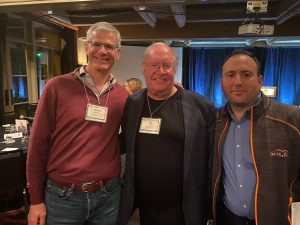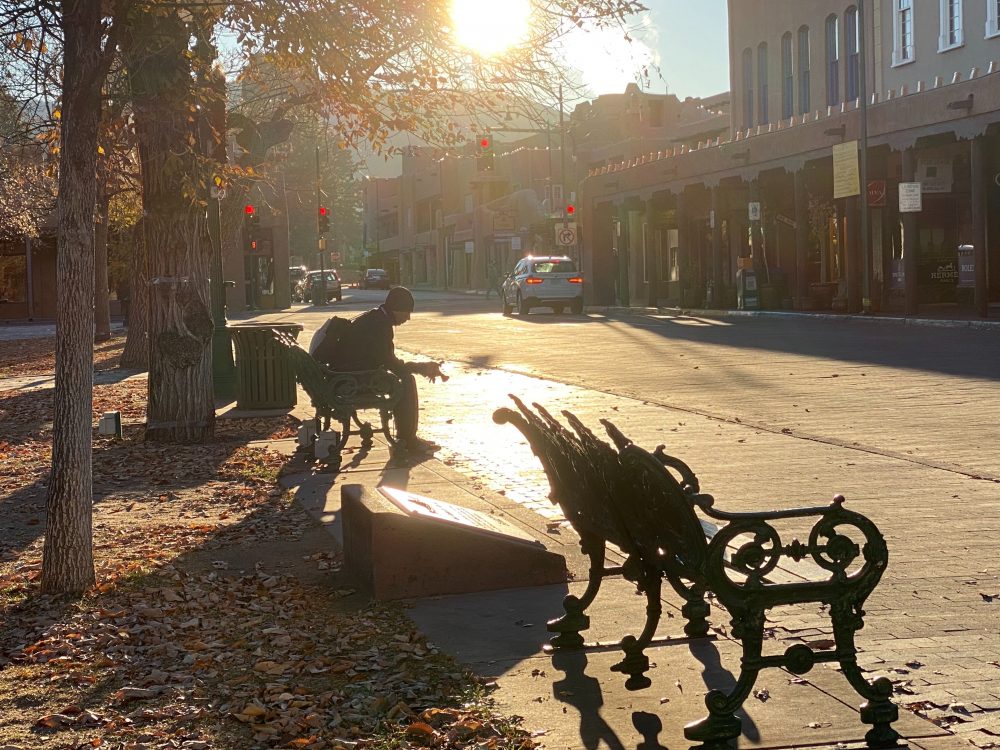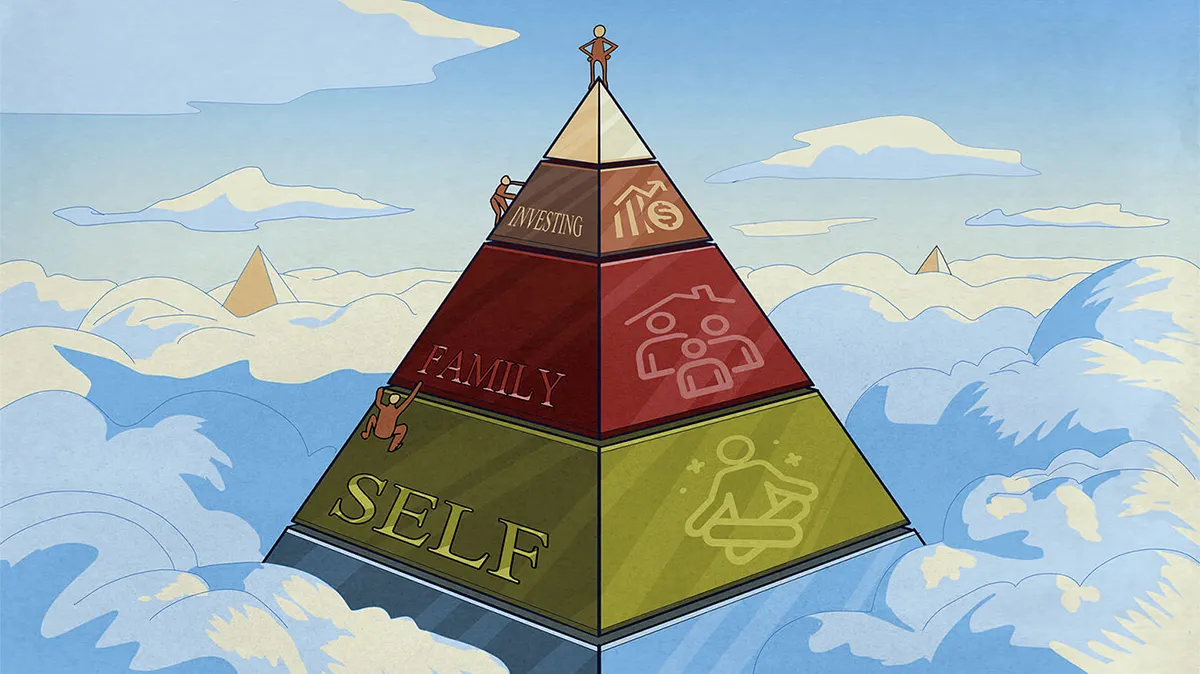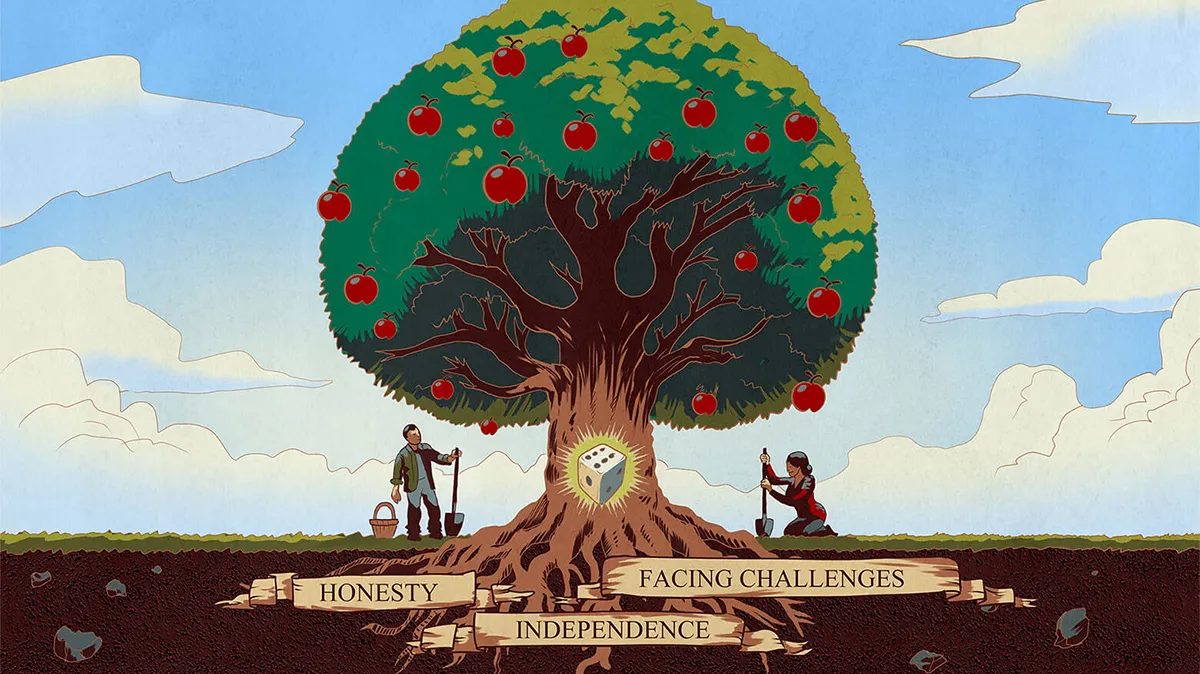Israel
My family and I are going to Israel for two weeks to visit my eighteen-year-old son, Jonah, who is spending his gap year there. I am going to organize informal reader get-togethers. These get togethers have turned into a favorite part of my travel. I don’t know the dates or locations (we are going to have two meetings, one in Tel Aviv and one in Jerusalem), but I will be in Israel between November 19th and December 2nd. If you are interested in attending, email Barbara, pa [at] imausa [dot] com.
I really don’t spend much time on Facebook, but I have found that I enjoy posting pictures I take when I travel to my public Facebook page. Also, lately I’ve been creating short musical slideshows of pictures I take when I go to museums or galleries. My kids love them.
It is so much easier to post them to the Facebook pages than to my website. Here is a video of the Claude Monet exhibit in Denver, set to George Bizet’s Carmen. And here is a video of Santa Fe art galleries on Canyon Road, accompanied by Chopin’s Revolutionary Etude.
If you “like” my page, my future posts will show up in your Facebook feed. I hope you enjoy and share them with your friends.
Santa Fe Institute
I just attended a Santa Fe Institute (SFI) conference. SFI was founded in 1984 by scientists, most of whom worked for Los Alamos National Laboratory. (Yes, they also created the first atomic bomb, with the Manhattan Project).
SFI’s approach to science is fascinating to me for several reasons. They take a highly interdisciplinary approach to research. They believe there can be tremendous intellectual synergy and serendipity by having economists, biologists, physicists, and mathematicians in the same room, trying to solve the same problem.
SFI is the cradle of complex adaptive systems principles. This requires further explanation. When I studied finance and economics at university and in the CFA program, every lecture came with a fine-print disclosure: ceteris paribus, which translates from Latin as “all other things being equal.” One of the things that was put in the “all other things being equal” category was the assumption that people are rational. And though many economists have won Nobel Prizes for their models, assuming that humans are emotionless drones often either renders these models useless or limits their application in the real world.
At SFI I spent a few hours talking to Bill Miller, an investing legend for whom I have tremendous respect. He reminded me of a joke told by Charlie Munger that perfectly contrasts traditional economics (and finance) models with reality. In a third grade class, the teacher asks students, “There nine sheep in a pen. One jumps out. How many are left?” One student, raises her hand and says, “Eight.” A boy who lives on a farm also raises his hand and says, “I disagree. None.” The teacher says, “You don’t know how to count!” The boy says, “No, you don’t know sheep!”
Enter complex system models. They study the real world as it is, removing the ceteris paribus assumptions that plague traditional economics and finance models. To take it a step further, classical economics assumes that the economy is in a state of equilibrium (balance). Complexity economics treats the economy as an organic, constantly evolving ecosystem, which is out of equilibrium and is instead in a state of unending flux. In other words, rather than treating the economy as a linear, well-defined system, complexity economics looks at it as a living organism. I’m just scratching the surface here, but this approach holds great potential for understanding the real world around us.
This has a very personal appeal to me, as I think through analogies, that is, mental models. My models, however, are limited by my experiences and my relatively narrow business knowledge set. Over the last few years I’ve been trying to widen my knowledge to areas that lie outside of finance and that often have me stepping out of my comfort zone. Complexity is my next frontier.

Michael Mauboussin, Bill Miller & Vitaliy









0 comments